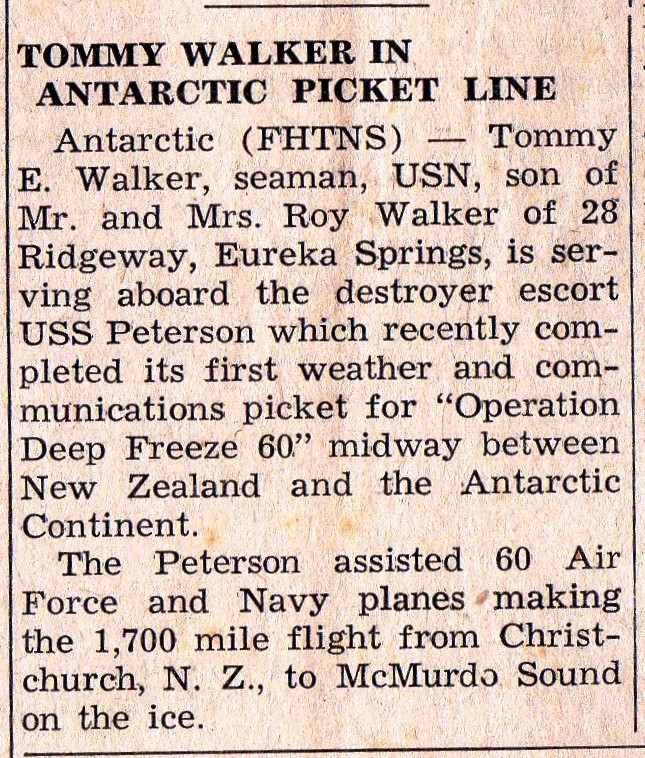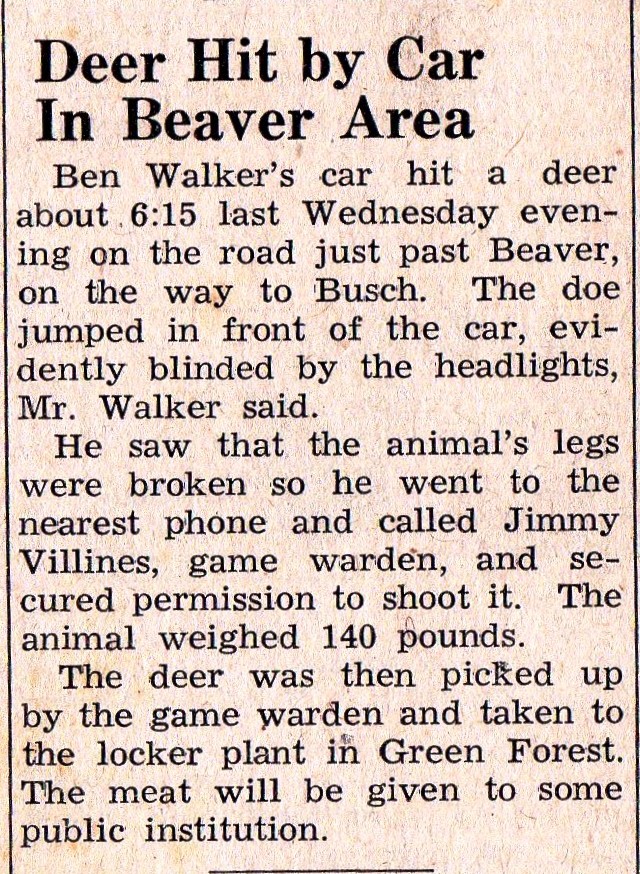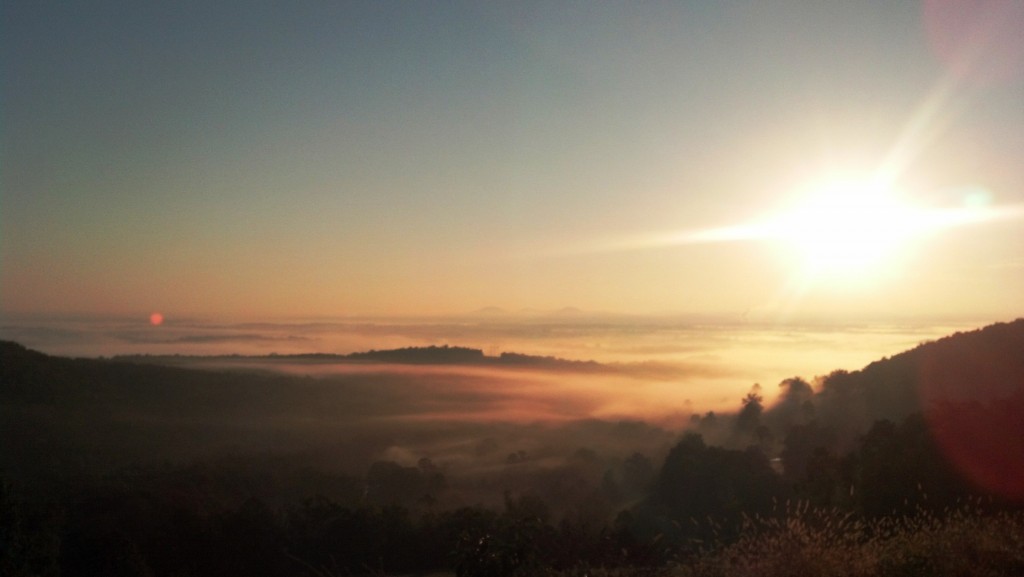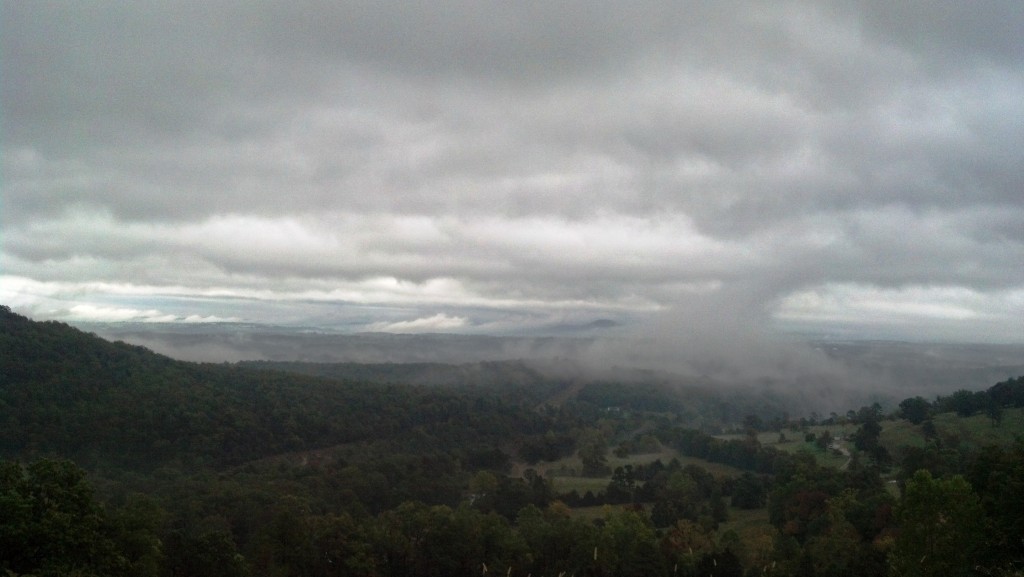At the end of the Cold War, I was a soldier stationed in Germany. The other teenagers in my unit and I would shake our heads at how the details of military life were incorrectly portrayed in movies. Likewise, accountants and Arkansawyers shown on film and television are often clichéd and predictable. I can spot these inaccuracies because I’m a former CPA, I was once in the US Army and I’m from Arkansas.
I write a column, but I’m not a professional newspaper reporter. Journalism has standards and jargon and codes of conduct about which I know little. And my little bit of knowledge is dangerous because it comes from movies and television. But if I learned one thing from watching those Lou Grant episodes during summer vacations in the late ‘70s, it is to always check your facts.
I previously wrote that Richard Banks died in 1973, but his grave marker says otherwise. As I should have done in the first place, I ran out to the Eureka Springs Cemetery and checked his date of death. He died January 23, 1975.
Randy Freeman told me where to find the grave, so it only took a minute to locate it inside the front gate. Richard Banks had worked for the Freeman family for decades and Randy had been at the funeral. In fact, Randy’s grandfather, Ray Freeman, paid for the funeral.
Randy articulated something about Richard Banks that was true for many in Eureka Springs. He said, “He was the first black man I ever saw, and was the only black person I knew for years.”
He also remembered the “huge smile and deep, booming laugh.” This reminded me that McKinley Weems had said something similar. He said that he remembered being in the audience at the movie theater on Spring Street and Richard Banks would be up in the balcony. When he laughed everyone heard it and knew it was Rich.
Randy Freeman also said, “I remember the phone call from my mom telling me Richard had died. He had cancer and had already lost an eye because of it. He worked at the Joy (Motel) right up until the end. I felt like a piece of my childhood had suddenly vanished. Richard was an institution in my life and he was gone.”






